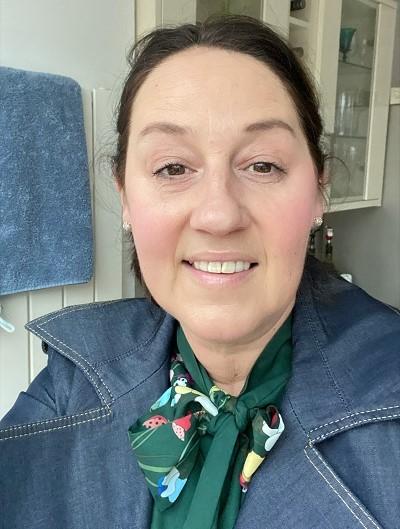“Striving for Social Justice is the most valuable thing to do in life”

In the first of a summer series of blog posts our recent graduates share how their understanding of the value of pro bono legal work has developed in light of their participation in the Open Justice activities of the past year. The first blog is by our Virtual Intern and former 'Justice in action' student Sarah Tutssel-Buse.
“Striving for Social Justice is the most valuable thing to do in life” (Albert Einstein)
When the Open Justice Centre began in 2016 it created an opportunity for students to participate in legal pro bono activities to support their communities. Since October 2017 the Open Justice Law Clinic, a department of the Open Justice Centre, has advised on 166 cases and helped over 200 cases find help with other organisations (Open Justice Centre 2021 p3). Through its pro bono projects, it has supported over 1000 students who have had the opportunity to experience first-hand the value of pro bono work and its importance in striving to achieve social justice (OJC 2021. p13).
Statistics show that as of 2020/21 approximately 37% of people in the UK live in relative poverty (House of Commons library. 13th April 2022) this is expected to climb further as the effects from the pandemic hit over the next few years with household costs rising. Combine this with the ability to access legal aid becoming more difficult there is a real crisis on obtaining access to justice for all. This could have a devastating effect on social justice and therefore maintaining rule of law which is the backbone of our constitution.
When I chose to study with the Open Justice Law Clinic my main motivation was to help others in a live case situation. I absolutely believed the role of the Clinic was primarily to provide a free service which helps to keep social justice intact, creating a fair legal service to all and that doing this in an educational environment was just a bonus.
After reading an extract from Nicholson, 2015 during the first few weeks of the module I changed my perception slightly. I could see how the importance of educating law students on the value of pro bono work could, in turn deliver the same desired results of helping people attain access to justice where they may otherwise be unable to.
Kruber, (2015) said ‘engaging in pro bono enables students to contextualise subject knowledge – this could result in them considering how social inequalities can be overcome’. It was now clear the Open Justice Law Clinic is two-fold. It is as important to education as it is to provide an essential legal service.
This was my viewpoint when I began the first live cases. I was part of a team of students. We took each case, interviewed clients, read evidence, manuscripts, researched the law, checked sentencing guidelines, and eventually put together detailed letters of research and advice to our clients stating what we believed their position to be based on our extensive research. I was part of a civil case with my module and a criminal appeals case on a voluntary basis.
Even though I appreciated the value of pro bono work at the start of the module it was not until I had almost completed the live cases that the real value began to dawn on me. The cost of so many people reading, researching, putting together detailed documents took hours. If this was paid work the time for advice would have been in the thousands. Without access to legal aid, many of the clients I came across would have been unable to afford legal services to provide such advice. It was now a realisation that this was people’s lives we were dealing with and not just a scenario on paper.
At the beginning of year three I believed social justice was the primary focus of the Open Justice Law Clinic, but education came because of the live pro bono cases. I did not only learn how to research the law, but I learnt empathy, I understood the value of a good team and I realised the absolute importance of pro bono work, not just the statistics, but the cold hard facts.
